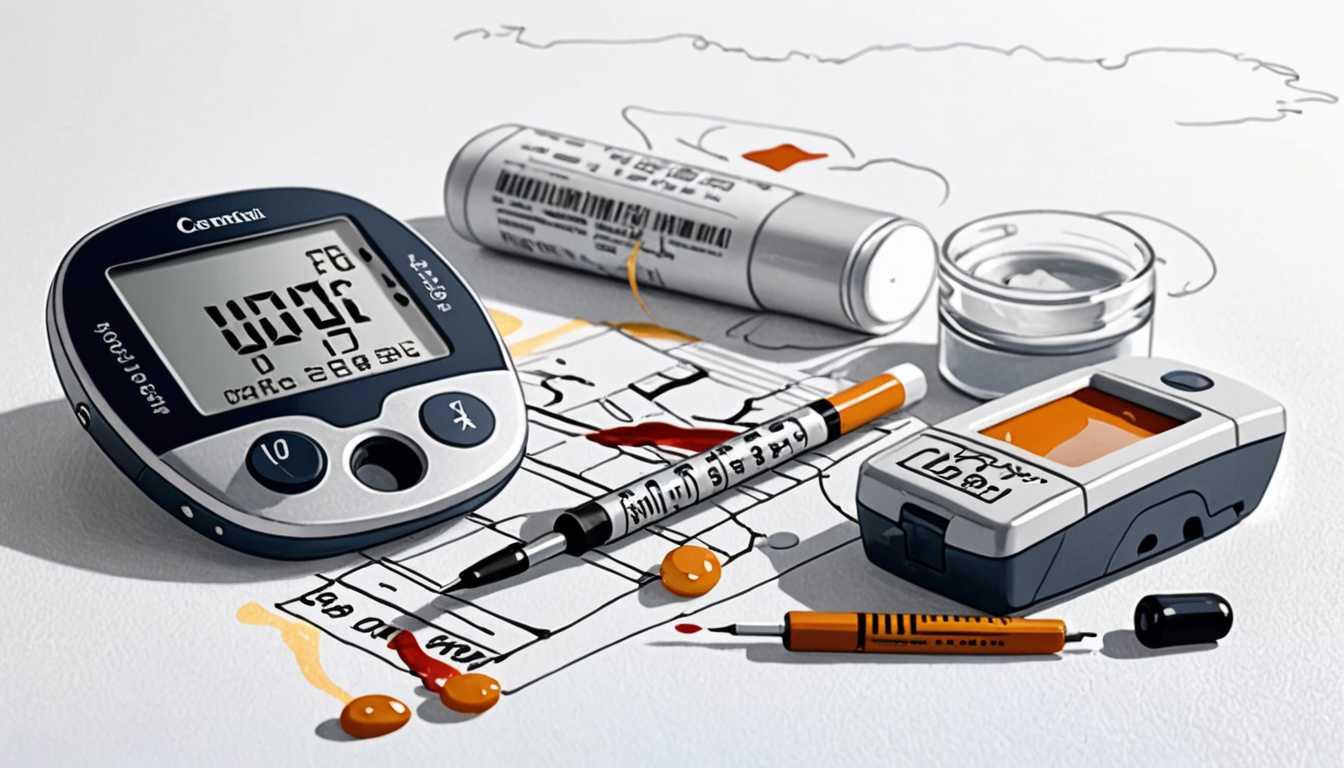Post-COVID Brain: A Lingering Guest?
February 2024
Imperial College London
Introduction
Dive into the intriguing world of how COVID-19 might just be the uninvited guest that overstays its welcome in our brains, according to a study by Imperial College London. Imagine recovering and still not being able to remember where you left your keys! This research, published in the New England Journal of Medicine, uncovers subtle yet persistent cognitive and memory hiccups in folks post-recovery. Whether it's a short visit by the virus or a long haul, your brain might keep some souvenirs. Ready to explore how a sneeze can lead to a brain freeze?
READ FULL ARTICLEWhy It Matters
Discover how this topic shapes your world and future
Unraveling the Mystery of the Mind Post-COVID
Imagine waking up one day and realizing that your memory isn't quite what it used to be or that solving problems now feels like trying to untangle a set of headphones that's been in your pocket for too long. For some people recovering from COVID-19, this isn't just a thought experiment—it's reality. A study by Imperial College London has shed light on how even after recovering from COVID-19, individuals might experience small, yet significant changes in their cognitive functions, such as memory and reasoning. This isn't just about forgetting where you left your keys; it's about understanding how a global pandemic could be quietly reshaping our cognitive landscapes. For you, this could mean more than just an interesting topic to explore—it could relate to how we all think about health, recovery, and resilience in the face of global challenges.
Speak like a Scholar
Cognitive Function
This is all about how your brain works when you're trying to learn, remember, reason, and pay attention. Think of it as the brain's power to do its job.
Memory
This isn't just about memorizing facts for a test. Memory allows us to store and recall the information and experiences we've had.
Executive Function
These are the skills that help you plan, focus, remember instructions, and juggle multiple tasks successfully. It's like being the director of your own mental movie.
Spatial Reasoning
Ever figured out how to navigate a new video game or solve a puzzle? That's spatial reasoning - understanding how objects fit together in space.
Verbal Reasoning
This is about using words to solve problems or understand concepts. It's the skill you use in debates or when you're trying to persuade your parents to extend your curfew.
Long COVID
Some people experience COVID-19 symptoms for much longer than usual, and this is known as Long COVID. It's like the virus leaves a longer shadow on their health.
Independent Research Ideas
The Impact of Virtual Learning on Cognitive Development
Investigate how shifting from traditional classroom learning to online platforms during the pandemic has affected students' cognitive functions.
Memory Formation and COVID-19
Dive into research on how COVID-19 might affect the way we form new memories and not just how we recall old ones.
Exercise and Cognitive Recovery Post-COVID
Explore the role of physical activity in improving cognitive functions in individuals recovering from COVID-19.
Mental Health and Cognitive Impairments
Examine the connection between mental health issues arising from the pandemic and potential cognitive deficits.
Technological Solutions to Cognitive Rehabilitation
Look into how technology, such as brain-training apps, can aid in recovering cognitive functions affected by COVID-19.
Related Articles

Exercise: Your Heart's Stress Reliever
April 2024
Harvard University

Stress-Busting Wearable Tech Unveiled
June 2023
University of Bristol

Happiness: Beyond the Gym
February 2023
Harvard University

Bloodline Mysteries: Unveiled by MIT
January 2024
Massachusetts Institute of Technology (MIT)

Rethinking Insulin: Beyond Carbs in Diabetes Care
December 2024
U of Bristol Research news